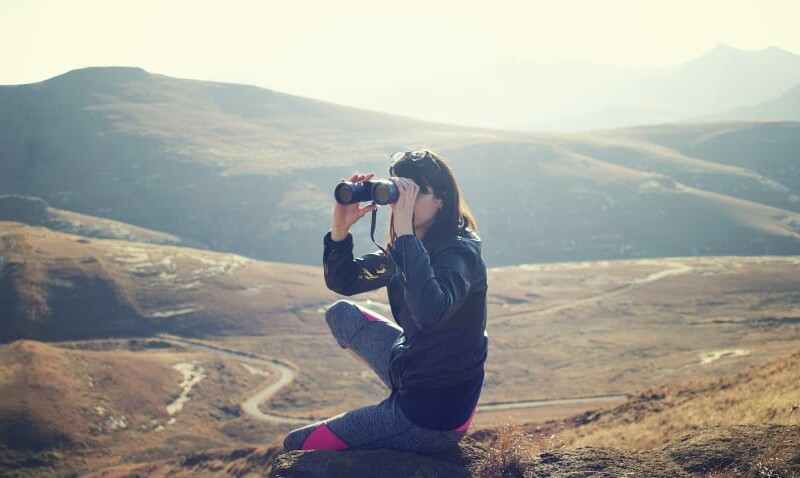If you work in the tourism industry, a mere few months ago you would probably have been considered yourself lucky; now, as the COVID-19 pandemic closes borders and keeps most people at home, it’s likely you feel unlucky as you try to find a way to survive financially.
South African Tourism (SA Tourism) is acutely aware of the need to support this sector and develop a formidable recovery plan for when travel and tourism can resume. To this end SA Tourism has put together a webinar series “in order to engage the Tourism Industry on solutions, scenarios and the way forward which will form part of this recovery plan”.
The second webinar on 14 April focused on what tourism will look like post-COVID-19. One thing the speakers agreed on is that, while coronavirus will change how people travel, it will not remove the desire to travel.
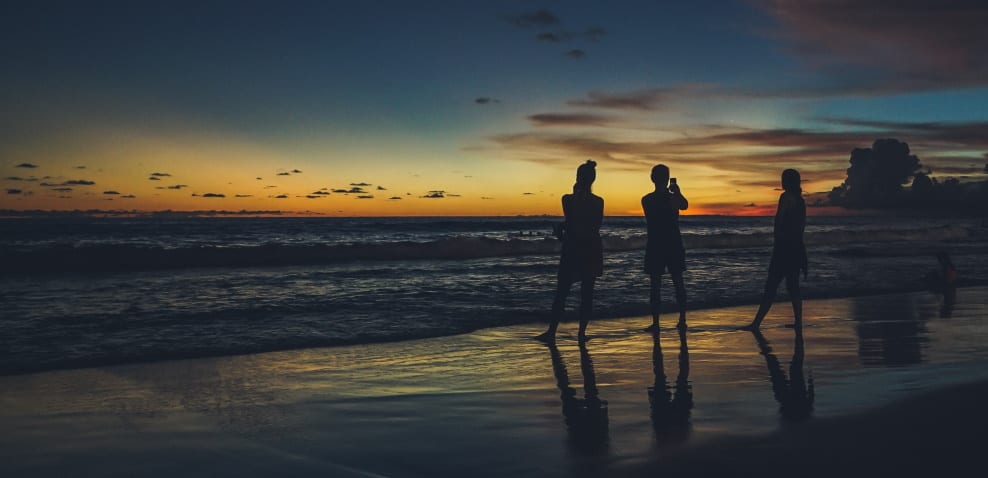
“There is a pent-up demand for travel, and the desire to connect with people and experience new places will stay,” said David Ryan, the CEO and Founder of Rhino Africa. He added that psychologically, people have a desire to find certainty – we want the disease to be contained, or treatable. When this happens, we will want to resume travelling.
“There is a pent-up demand for travel, and the desire to connect with people and experience new places will stay.”
Fouad Caunhye, the South African Regional Manager for Emirates, noted that China has started to lift restrictions on domestic flights, and the Emirates flights were initially booked at 40% seat capacity, which increased to 60% shortly afterwards. This shows that people will travel when the bans are lifted.
He added that our tourism assets, such as our wildlife, still exist during lockdown. They will be there when lockdown ends, and people will still want to enjoy them.
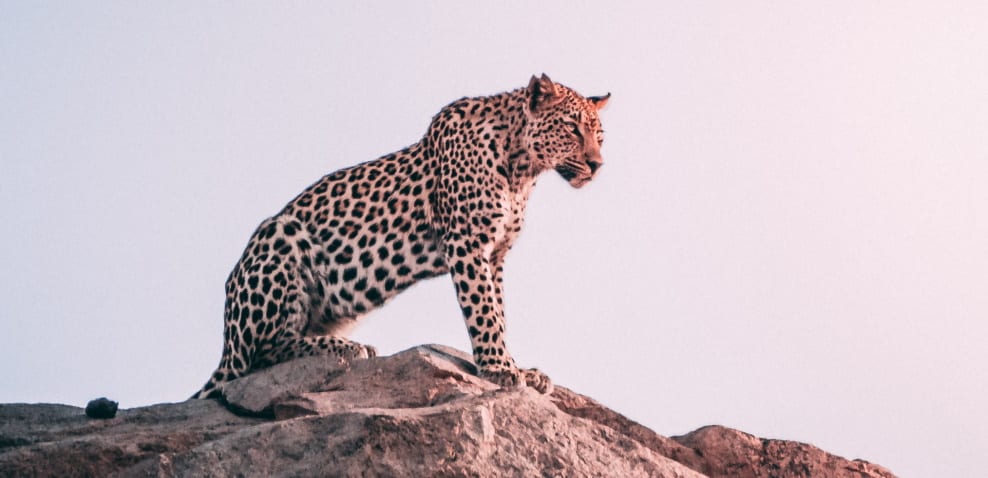
As to how people will enjoy them, the answers varied.
Stephan Ekbergh, the CEO of Travelstart, shared how the HIV pandemic in New York made people change their sexual behavior, and trade multiple partners for monogamy. Out of this, the dating scene changed and fine dining was born. It seems equally likely that, once it is safe to travel again, human behaviour and preferences will be altered, and new tourism products or trends will be developed.
Once it is safe to travel again, human behaviour and preferences will be altered, and new tourism products or trends will be developed.
Ryan speculated that in the future people may want to avoid overcrowded places and mass tourism, and instead will seek quieter destinations, as it will make them feel safer. “This is great for Africa, as we are under-utilized,” he added. “It could be a great tail wind for our recovery.”
On the topic of safety, Michael Tollman, the CEO of Cullinan Holdings, said we should consider that people will want to travel to places where they feel safe; “Crime is a problem in South Africa. Progress has been made to address it, but more needs to be made. We need to give our tourists peace of mind that they will have a safe trip.”
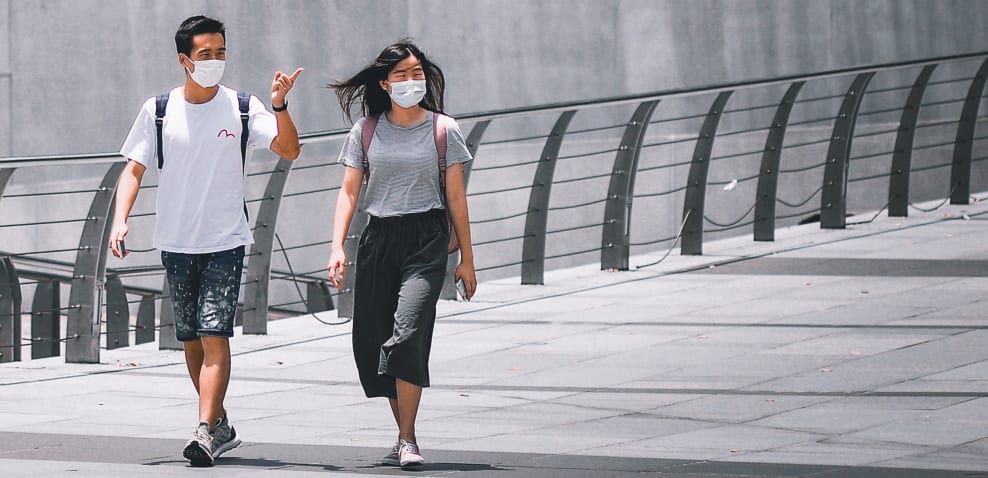
Velma Corcoran, the Manager of Airbnb for Sub-Saharan Africa, believes that when people start to travel again, it will be tentative and hyperlocal, such as a three-hour drive from where people stay. Staying close to home will be more cost-effective, which is likely to be a significant factor in South Africa where there is limited access to funding to boost the economy and save jobs.
“Staying close to home will be more cost-effective, which is likely to be a significant factor in South Africa.”
However, Ryan and Caunhye both cautioned that the local tourism industry shouldn’t rely on domestic tourism to help revive it. Ryan pointed out the economic crisis here means there will be little money for tourism, whereas overseas many wealthier countries have greater access to financial stimulus which could put their citizens in a position where they can afford to travel. Caunhye agreed that, as borders are opened, so travel will resume.
Ekbergh expects that the current crisis will push everything to happen more quickly, especially in terms of adopting new technologies: “What happens in the next 5 months would normally have happened in 5 years.” The uptake of Zoom is a good example of this, with more people having used it now during lockdown, so its use will be normalised by the time lockdown ends. He asked: Once we can travel again, will people readily want to spend both the time and money needed to do things in person if they can do them more efficiently and cost-effectively online?
“Once we can travel again, will people readily want to spend both the time and money needed to do things in person if they can do them more efficiently and cost-effectively online?”
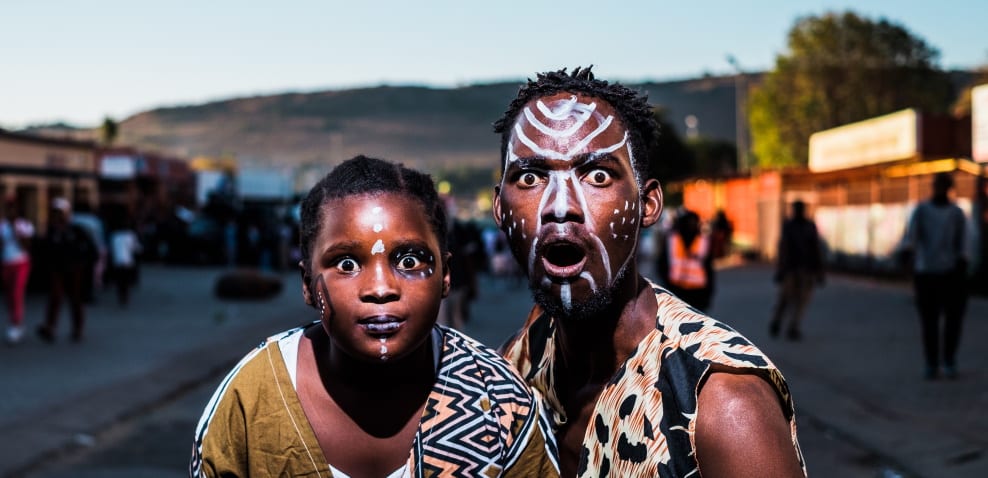
Sisa Ntshona, the CEO of SA Tourism, posed the question as to whether visa applications will become more challenging, as concerns about people’s health and their travel history become more pertinent. Tollman’s response was that e-visas will be critical in the recovery period, to make it easier for people to come to South Africa.
In terms of advice to businesses, Ekbergh recommended that small businesses need to ask themselves: “What is it that I can do, that tech cannot do? How can I add more value here?” He added that while big businesses have the funds to use technology to solve their problems, smaller businesses cannot. Therefore they need to look for opportunities that the tech industry cannot disrupt.
“Smaller businesses… need to look for opportunities that the tech industry cannot disrupt.”
Ryan’s advice was to first survive the lockdown by asking how you can reduce your cost structure, and then in the recovery phase focus on your ability to capitalize on opportunities.
Tollman said it was important that we don’t hold on to our money: “We need to meet each other halfway, and work together. We are all in this together.”
Ntshona reiterated this sentiment when he closed the webinar by reminding us that we need to drive our recovery together, and in sync, for it to be truly effective.
You can catch the third and final webinar in this series on 16 April at 12:00. Click here to find out more.


